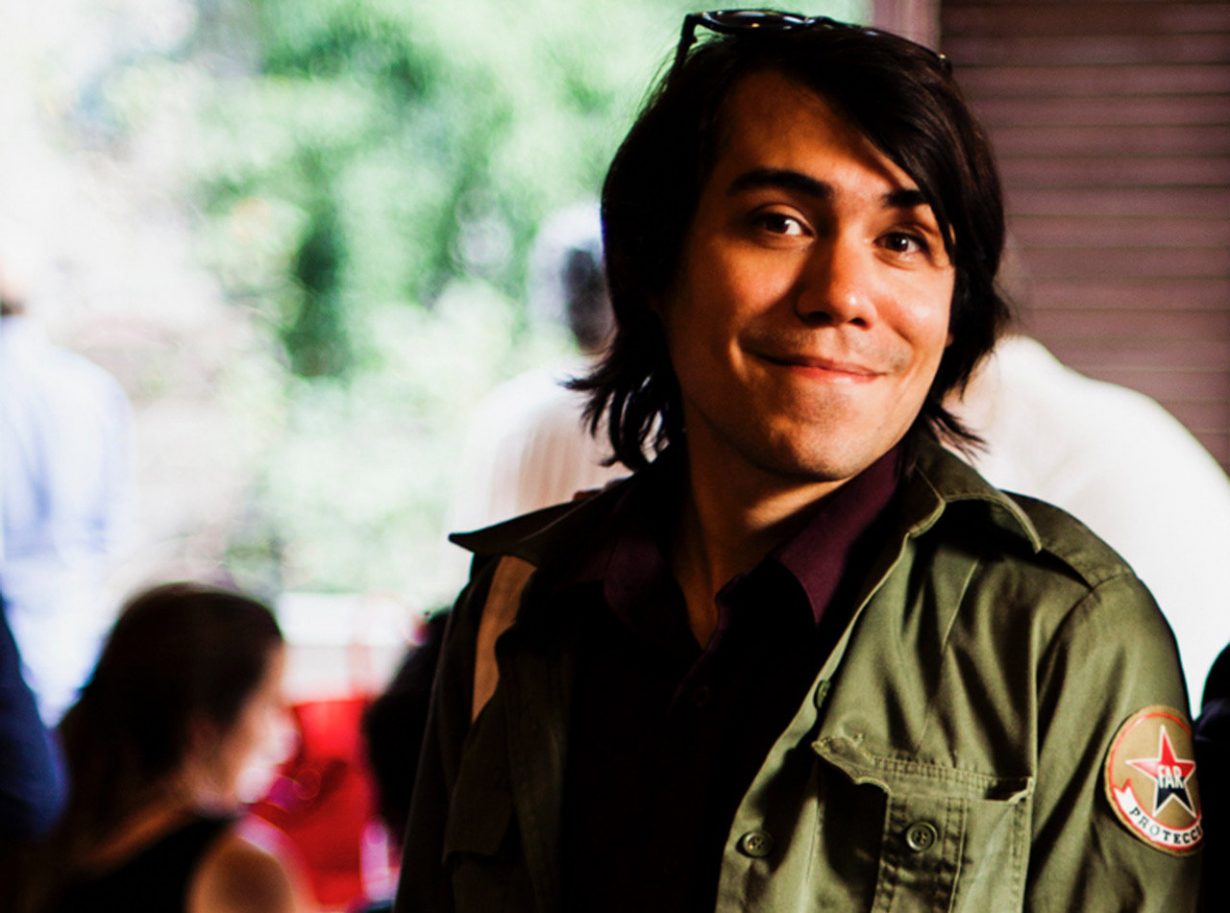
The Cuban artist Hamlet Lavastida has been released after three months in detention at Havana’s notorious Villa Marista, a high-security prison.
Lavastida was taken from his home on 27 June by a state agent as the artist completed a six day quarantine having returned from a residency and exhibition opening in Berlin. Villa Marista is infamous for holding political prisoners. At the prison he was charged with ‘instigation to commit a crime’.
The artist is a leader of the 27N movement, a group of Cuban artists, writers and musicians that have, since November last year, protested the human rights abuses of Cuba’s communist government. They organised after the arrest of the rapper Denis Solis Gonzalez.
During his time in prison, supporters of Lavastida say the artist suffered depression and anxiety, contracted COVID-19, and has lost more than 10 kilograms.
Julie Trébault, director of the Artists at Risk Connection (ARC) at PEN America, welcomed the artist’s release but said, ‘Day after day, the Cuban authorities continue to blatantly ignore the rule of law while targeting and persecuting artists who have committed no crimes – only using their voices and platforms as artists to provide commentary on the ruling regime. The charges against Lavastida stand in direct conflict with the country’s international treaty commitments and its obligations toward freedom of expression and artistic freedom. We condemn the Cuban government’s treatment of Lavastida, and we call for him to be released immediately and for the investigation to be dropped.’
Lavastida was in Berlin as a guest of Kunstlerhaus Bethanien. His show, which ran in April and May featured two immersive installations made of paper cuts on opposite walls. One featured a transcription of photographer Javier Caso’s 2020 interrogation by state agents, an audio recording of which Caso secretly made and leaked to the media, and a letter by the poet Heberto Padilla written to the revolutionary government in 1971.
On the opposite wall, the artist displayed a compiled archive of testimonies from the period in which doctrinal socialism became embedded in Cuban society in the 1960s.
In Germany the artist had also take taken part in a demonstration calling for the release of Luis Manuel Otero Alcántara, the Cuban artist arrested in May after undergoing a hunger strike. This month Otero Alcántara was named an ‘icon’ of 2021 in Time magazine.